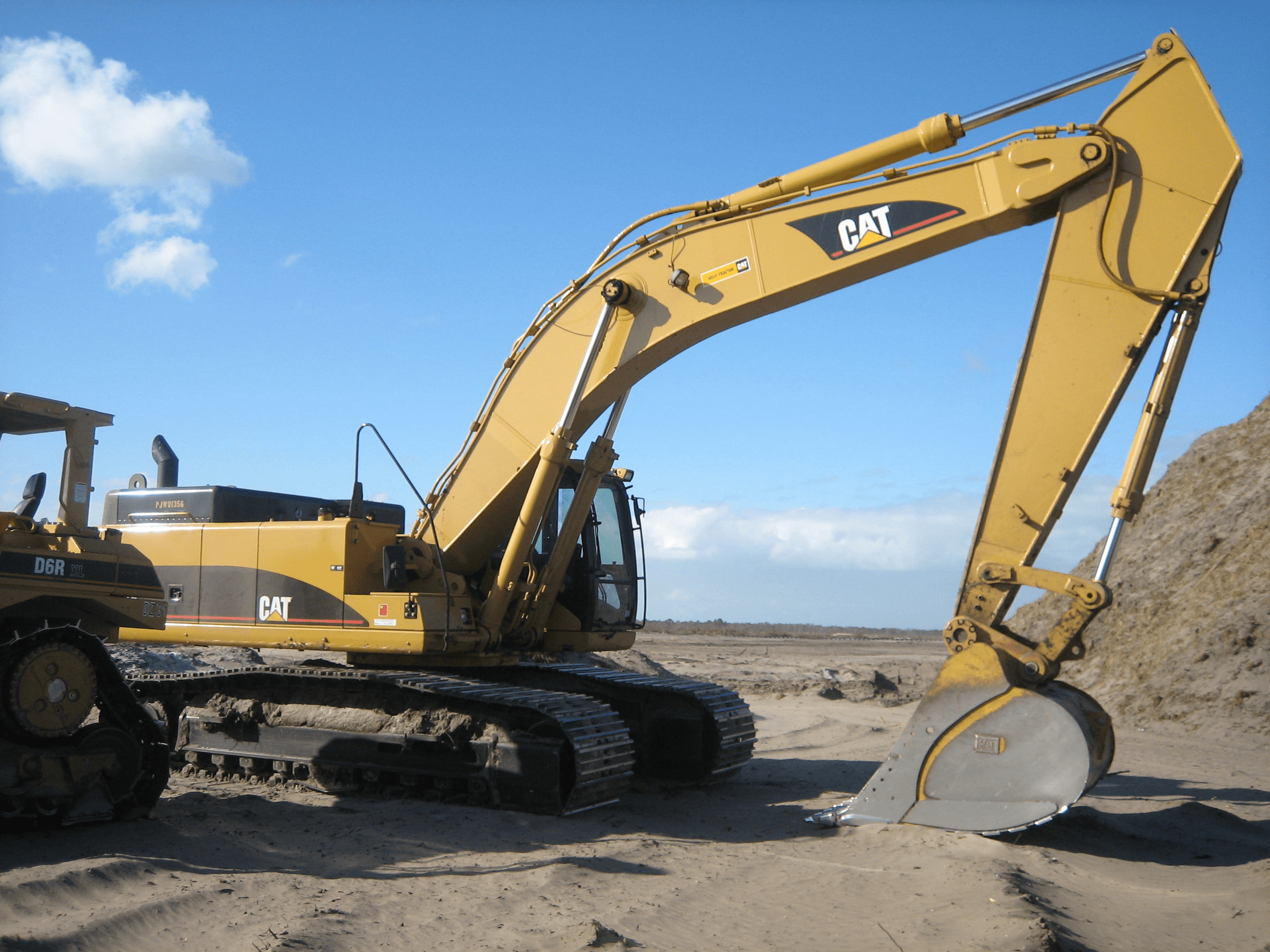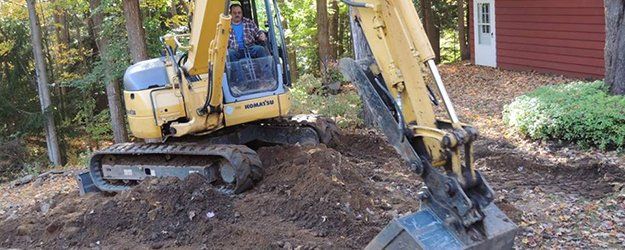Lancaster Excavation - Specialist Excavation Solutions in Lancaster, OH
Lancaster Excavation - Specialist Excavation Solutions in Lancaster, OH
Blog Article
Comprehensive Excavation Techniques: Grasping the Fundamentals for Success
In the world of building and construction and civil design, the value of efficient excavation strategies can not be overemphasized. The cautious planning, specific execution, and careful attention to information called for in excavation tasks require a thorough strategy that incorporates different essential aspects. From initial soil analysis to the implementation of precaution and regular development tracking, mastering these core components is crucial for accomplishing success in any kind of excavation endeavor. The true mastery lies not merely in recognizing these basics however in perfectly integrating them to navigate the complexities of excavation tasks with skill.
Understanding Excavation Job Preparation

Successful excavation jobs are improved the structure of precise and thorough preparation. The initial stage of any kind of excavation project is the drawing board, where vital choices are made that can dramatically influence the end result of the project. During this stage, it is important to gather all relevant info concerning the site, consisting of topographical surveys, dirt structure, and any type of potential dangers that might exist. Recognizing the task spending plan, extent, and timeline restrictions is essential for developing a thorough excavation strategy that ensures the job's success.
One secret facet of excavation job planning is the growth of an in-depth timeline that outlines the series of tasks, milestones, and target dates. By very carefully thinking about all these variables during the planning phase, excavation jobs can be executed effectively and properly, leading to successful end results - lancaster trenching.
Dirt Analysis and Site Evaluation
Carrying out thorough soil evaluation and website analysis is an essential action in the prep work stage of any excavation task. Dirt analysis involves identifying the make-up, structure, and residential or commercial properties of the dirt at the excavation website. This info is important for recognizing the dirt's bearing capability, wetness web content, and potential for erosion, which are essential consider determining the excavation methods and devices required for the job.
Website analysis exceeds dirt evaluation and includes a more comprehensive analysis of the overall site conditions. This assessment includes determining any kind of potential risks, such as below ground energies, ecological issues, or unsteady terrain, that might affect the excavation procedure. By extensively evaluating the site, job supervisors can create reliable excavation approaches that prioritize security, effectiveness, and environmental protection.
Utilizing advanced innovations like ground-penetrating radar, soil sampling, and drone studies can boost the precision and performance of soil analysis and website analysis. Spending time and sources in these initial steps can inevitably conserve time and stop pricey hold-ups or problems throughout the excavation procedure.
Devices Choice and Usage
Efficient excavation tasks depend heavily on tactical equipment option and usage to ensure optimum efficiency and efficiency. Selecting the ideal equipment for the job is critical in optimizing efficiency and decreasing downtime. Elements such as the type of soil, deepness of excavation, and project scope play a significant function in identifying one of the most ideal devices for the job available.

Along with selecting the proper tools, correct utilization is key to job success. Operators must be trained to handle the equipment safely and effectively - lancaster trenching. Regular maintenance checks and timely repair work aid avoid break downs and guarantee consistent performance throughout the project
Precaution and Regulations Compliance
In the world of excavation tasks, prioritizing safety and security procedures and compliance with guidelines is paramount to guaranteeing a protected and legally audio functional atmosphere. Precaution include a variety of practices, consisting of carrying out detailed site analyses, implementing correct signs and obstacles, and supplying adequate safety and security training for all personnel associated with the excavation Full Report procedure. Adherence to laws, such as OSHA demands in the United States, makes certain that the excavation job fulfills the needed standards to shield workers, spectators, and the surrounding setting.

Surveillance Development and Adjusting Strategies
Just how can predict managers successfully track the advancement of excavation projects and adjust their techniques as necessary to maximize outcomes? Monitoring progress is necessary for making sure that excavation projects remain on track and meet target dates. Task managers can use various devices and techniques to track development, such as daily progression records, regular site examinations, and advanced tracking technologies like drones and general practitioners tracking systems. By continually checking the project's advancement, supervisors can recognize additional hints any type of prospective hold-ups or concerns at an early stage and take positive procedures to address them.

Verdict
To conclude, grasping the fundamentals of comprehensive excavation methods is vital for the success of any task. By comprehending project planning, assessing soil and website problems, picking appropriate tools, following security regulations, and keeping track of progression, project managers can make certain a smooth and effective excavation process. Carrying out these approaches will certainly lead to effective end results and reduce prospective dangers or troubles during the excavation project.
The preliminary phase of any excavation project is the preparation stage, where essential choices are made that can substantially influence the result of the job. Recognizing the project timeline, budget, and scope restrictions is critical for producing an extensive excavation plan that makes sure the job's success.
Just how can forecast supervisors effectively track the improvement of excavation tasks and adjust their techniques accordingly to enhance results? By carefully keeping track of development reference and being ready to adjust strategies, task supervisors can enhance the total success of excavation tasks.
By recognizing project preparation, analyzing dirt and website conditions, picking proper equipment, complying with safety and security guidelines, and keeping track of progression, task supervisors can guarantee a smooth and reliable excavation process.
Report this page